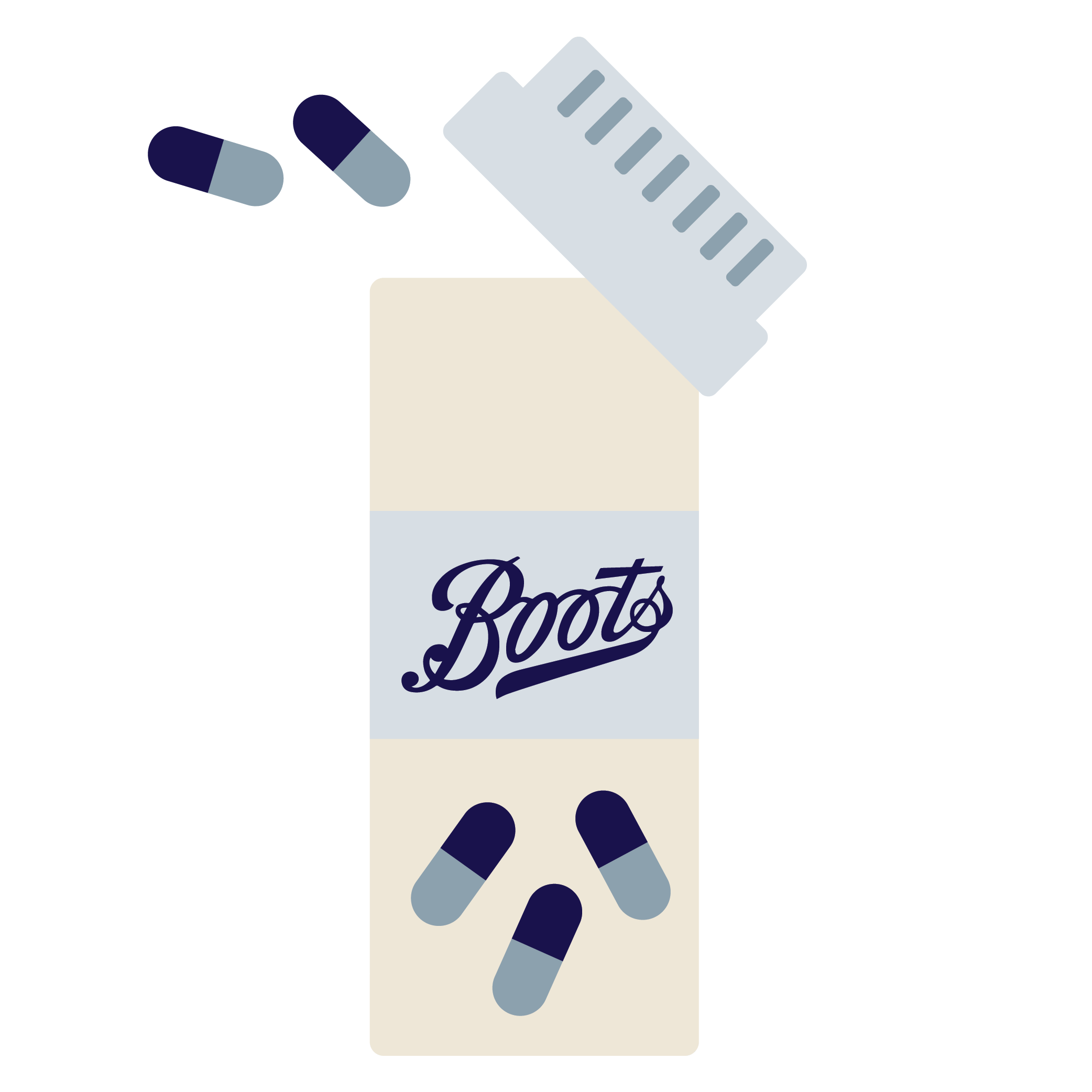
MIGRAINE — WHAT YOU NEED TO KNOW
What are migraines?
Migraines are a common yet complex condition with a wide variety of symptoms. They affect on average one in five women and one in 15 men, usually starting in early adulthood.
There are many types of migraine, including:
- migraine without aura – the most common type, where the migraine comes on without any warning signs
- migraine with aura – where specific warning signs appear before the migraine begins, such as flashes of light or tingling in the hands or face
- migraine aura without headache, also known as ‘silent migraine’ – where no headache develops but other migraine symptoms are experienced

What are the symptoms of migraines?
Migraine symptoms can vary from person to person and depending on the type of migraine experienced.
The main symptom is most usually a strong headache, typically to one side of the head with a pulsing or throbbing pain. In addition, you may also experience:
- Nausea and vomiting
- Blurred vision
- Sensitivity to light, sound or smell
- Seeing spots, wavy lines, flashing lights
If you experience a sudden, very intense headache, you should seek urgent medical care. This could be a sign of a more serious health condition.
What causes migraines?
The precise cause of migraines still isn’t fully understood, but it’s thought a temporary change in the brain may affect the nerve signals, chemicals and blood vessels.
Certain factors may also affect when and how often you get migraines, including:
- Hormones – changes to hormonal balance, for instance from periods, ovulation, pregnancy or menopause
- Diet – missing meals, having irregular meal times, eating certain foods or becoming dehydrated
- Medicines – hormonal replacement therapy (HRT), the contraceptive pill and some sleeping tablets
- Sleep – irregular sleeping patterns or not getting enough sleep
- Stress – chemicals that are released into the brain when you’re experiencing stress
How do I know if I’m definitely having a migraine?
It can be difficult to know for certain if you’re experiencing a migraine rather than a different type of headache or other health issue. This service is only suitable if you've already been diagnosed with migraines by your GP.
If your symptoms are not consistent with migraines you've had in the past, this service isn’t suitable for you and you should see your GP face-to-face.
If you are over 50 years of age and have developed new headaches or migraines please discuss further with your GP.
If you’re experiencing a sudden, very intense headache, you should seek urgent medical care. This could be a sign of a more serious health condition.
What can I do to manage my migraines?
It’s not always easy to identify what causes a migraine but it’s worth keeping a migraine diary to see if there are any triggers. That might help you avoid them in the future. After an attack, write down what you ate and drank and any other factors, such as sleep, stress, medicines you're taking or stage in your hormonal cycle.
Acupuncture has been found to help prevent migraines for some people.
You may find that taking Riboflavin (vitamin B2) 400mg can also help reduce how often you get migraines and how severe they are. Speak to your Boots pharmacist for help choosing these supplements.

